RS Exclusive: Soo Hugh on ‘Pachinko’
“We desperately need more empathy in our world. I hope shows like PACHINKO can help foster some of this empathy by offering a portrayal of dignity,” theorizes the showrunner
Min Jin Lee’s brainchild, Pachinko, was a staggering success, and now its drama adaptation, the Apple TV+ original, is being hailed as one of the finest shows this year. It occurs to me that condensing a 500-page novel into a series of eight episodes can take quite an effort, and now that I see it on screen, I believe there couldn’t have been a better visualization. Pachinko is one of the most emotional stories anchored in truth, with a lot of wow factors and a brilliant portrayal of a tale that transcends time and borders. For days, it piqued my interest to know what went on behind the scenes, and the thoughts and emotions that helped this show flourish. Thanks to Soo Hugh — the writer, producer, and showrunner — we get an insight into this in this exclusive interview with Rolling Stone India.
Period pieces are notoriously challenging, and this one is no exception, as it follows three generations across multiple timelines. Needless to say, it makes things more difficult. Despite the hurdles, there must have been something really heart-warming about this novel that moved you and led you to decide to make it into a series. What was it, exactly?
I loved the novel. It was brave in its storytelling of a history that’s so little-known to much of this world. But the real reason I wanted to do my adaptation was because of the characters. They both reminded me so much of people in my family, while also feeling completely original in their own forms. I fell in love with the characters and wanted to live with them for some time.
What does the title Pachinko, which is a gambling game to my knowledge, mean metaphorically?
As in the novel, the game serves as such a fitting metaphor for the lives of our characters. Even though you know the odds are against you, you have no choice but to play this game of life. Sometimes you win, sometimes you lose. But it’s how you take life’s exigencies — with grace or cowardice, humility or shame — that determine ultimately what kind of player you are.
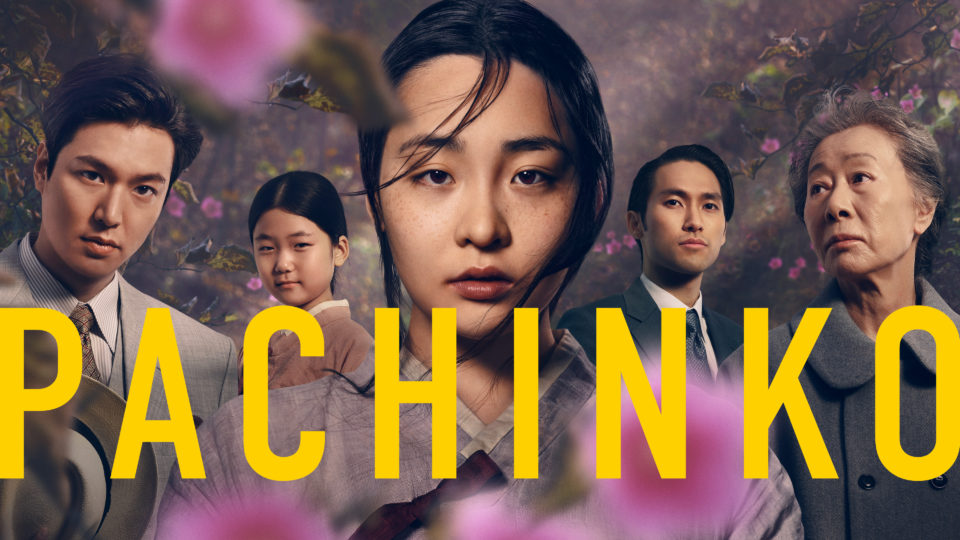
In an unfamiliar land, a narrative about humanity, identity, and acceptance. It definitely resonates with people all over the world who’ve had similar experiences, sorrows, and hardships. Is this also your story?
Yes and no. The wonders of a story like this is that it manages to retain the specificity of this one Zainichi family without reducing their experiences while also at the same time speaking to the universal language of hopes and dreams. I am an immigrant. I came to America when I was one year old. Because of this, I can identify with some of these characters’ feelings of displacement, rootlessness, homelessness. But at heart, this show is not a show about tragedy and loss. It’s the resounding tale of endurance and perseverance. This feels like my story as well.
To be honest, the moment I saw the opening credits, Pachinko won half the battle for me. It starts off on the happiest note possible, with the characters dancing and having a good time, a fantastic background score, and a vibrant set. At the same time, the atmosphere is diametrically opposed to the emotional story. I’m curious as to how and why you choreographed it this way.
That opening title feels so natural for this show. The title sequences are a celebration of the human spirit as is the rest of our series. What we want to say loud and clear through these beautiful characters is that life is a cycle of trials and tribulations, victories and defeat, laughter and tears. And in our title sequence, we get the joy part of life. It’s exuberant.
The first thing that drew my interest to Pachinko was Lee Minho, but I was much more intrigued when I learned that he’d be portraying Ko Hansu, a grey character. He is, after all, the archetypal lover boy and a huge success story at that in the realm of K-drama. So, what was it about him that drew you to cast him in the role of Hansu?
Simple, he was the best actor for the role. I always say that all actors come with a clean slate, and in Minho’s auditions, he embodied Hansu. There was no question. He won the role.

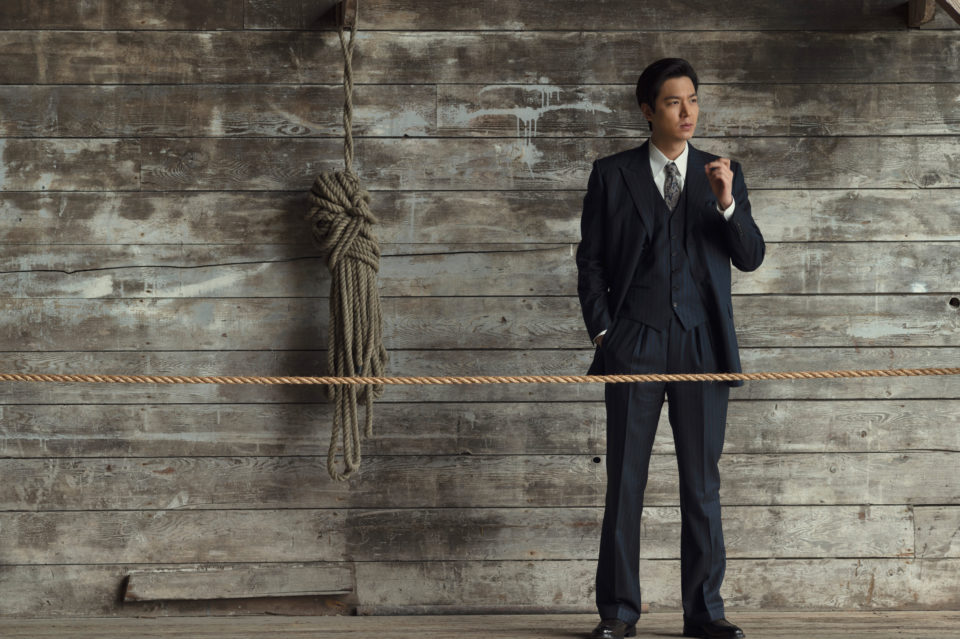
Pachinko also has the distinction of being a trilingual series with an international cast. A work of such grandeur must have been a hard nut to crack. Can you tell us about how things fell into place and what has been the most overwhelming experience you’ve had while working on this project?
It’s been a long journey, more than four years in the making. One of the most challenging aspects of the show was getting people to understand that this was a story worth telling. We didn’t fit into some neat rubrik. We aren’t a k-drama nor are we an American show. We exist in a strange space that hasn’t quite been defined before. We are part of that first wave of what I consider true global filmmaking which means the road hadn’t been paved yet. Hopefully, the next one will be easier since the concrete has been laid.
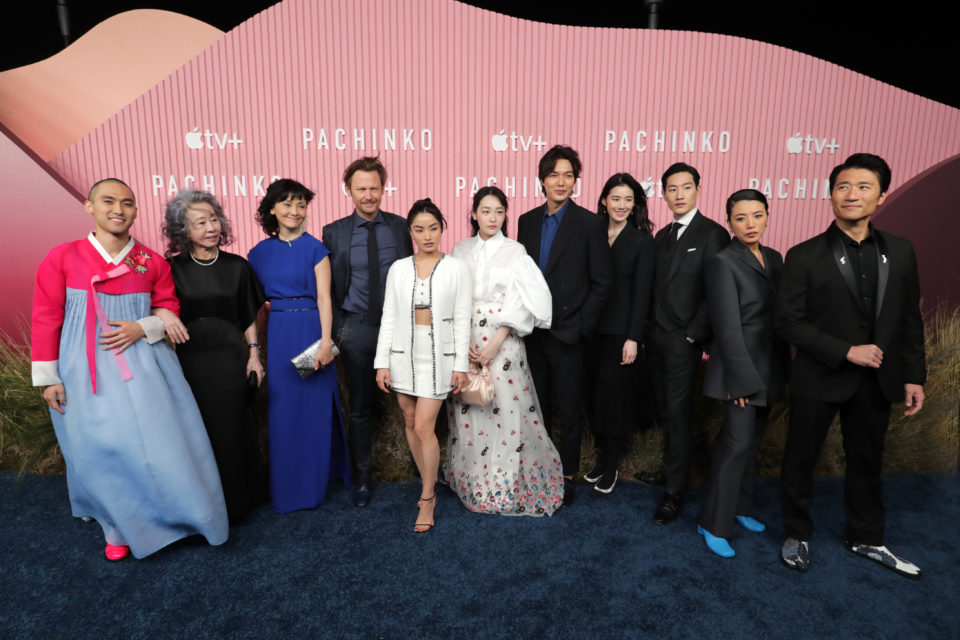
It’s noteworthy how different generations are being shown, and there’s an obvious generational divide between Sunja and Solomon that we see often. Your thoughts on this.
I wanted to explore both the clash of civilizations (Japan and Korea; east and west), as well as the clash of generations (old and new, first and second and third generations) in this show and the myriad of ways that these clashes pull people apart. Ultimately, however, the message of the show is that our similarities outweigh the differences and that kinship matters. For Sunja and Solomon, there is so much left unsaid between them at the start of the series, but as we venture forward — and as the stakes ratchet — grandmother and grandson will have no choice but to reckon with not only their past but the larger past that has come before them. History matters; our past matters, but sometimes it feels like it stands in our way. Solomon certainly feels this way.
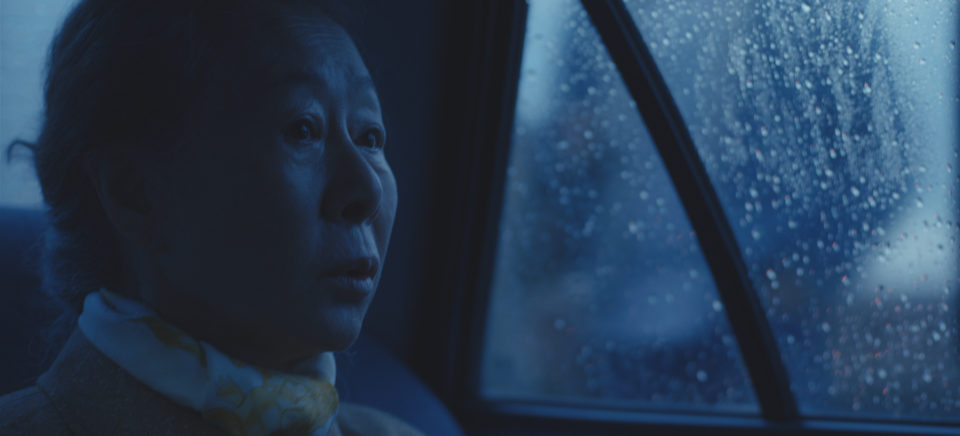
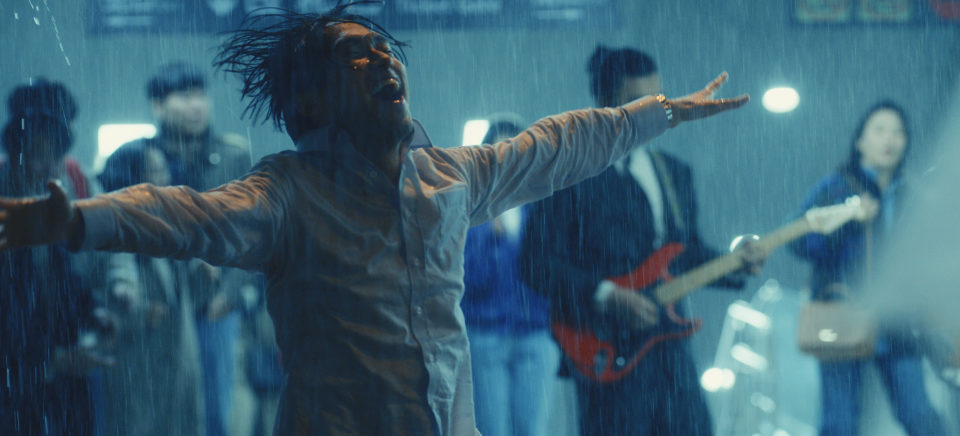
In terms of the visual tone and style, we see in Pachinko, what has been on your mind as the writer, showrunner, and producer?
As the writer, showrunner, and producer of this series, I feel an overwhelming sense of responsibility for this show. There have been many times when it felt too much and that I wasn’t the right person to birth this series to cinematic life. But no matter what, no matter how arduous a day was, the love I feel for this story and for our characters never diminish. That’s my number one job–to share with the audience what I feel. Hopefully, I succeeded.
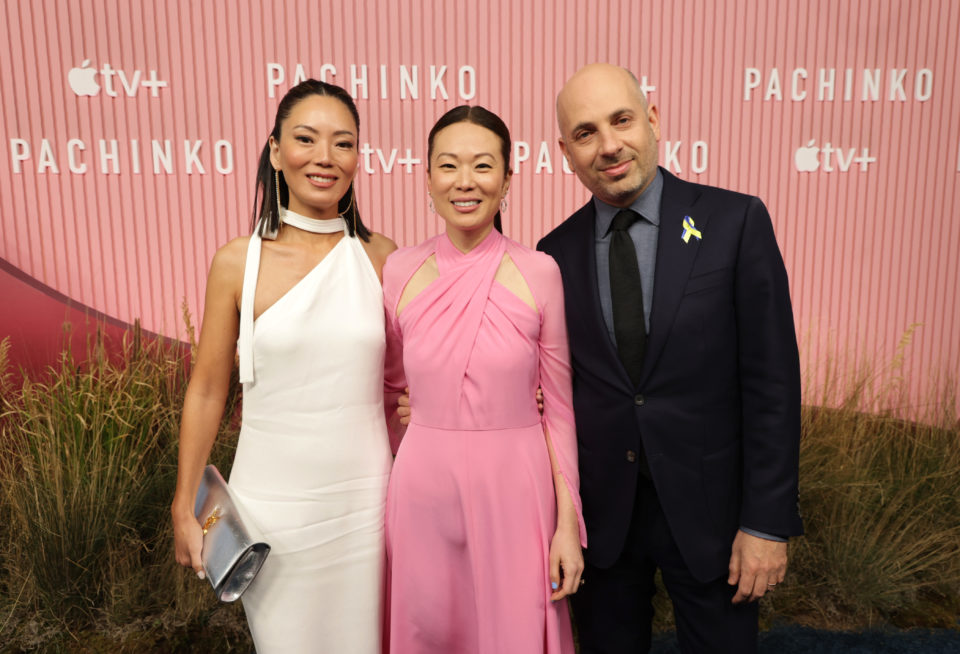
Which episode of the series posed the most challenges during filming? Or a scene that took the longest to shoot, had the most retakes, and was very difficult? How tricky was it to shoot in various locations, especially amid COVID-19?
We didn’t shoot episode-by-episode. We shot all eight episodes at one, crossboarding the schedule. This means that on one day, you may be shooting scenes from episode 102 and 103 only to wake up the next day and shoot scenes from the final episode of the season. Our schedule was crazy. But despite this, I loved shooting in Korea. It was such a special, profound experience for me. Never in a million years did I think I would film in Korea.
The show is gaining widespread acclaim and rave reviews, and rightfully so. It is already another favorite series of mine; a beautiful portrayal of love, change, and resilience. What is your message as the show’s creator, especially to the readers of Rolling Stone India?
I want the world to fall in love with these characters, and I want to transport you to another place and time with the ultimate hope that your hearts are opened a little more. We desperately need more empathy in our world. I hope shows like PACHINKO can help foster some of this empathy by offering a portrayal of dignity.








